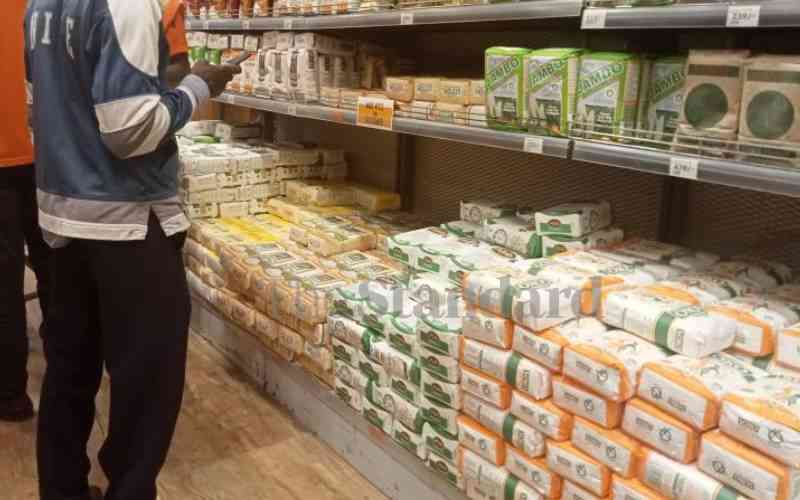×
The Standard e-Paper
Stay Informed, Even Offline

The National Treasury wants Parliament to probe the maize subsidy implemented in the final days of retired President Uhuru Kenyatta's administration, casting doubt on whether it was value for money and had any impact on Kenyan lives.
The ministry has set aside Sh3.6 billion in the first supplementary budget to pay maize millers who had lowered the cost of their product.







